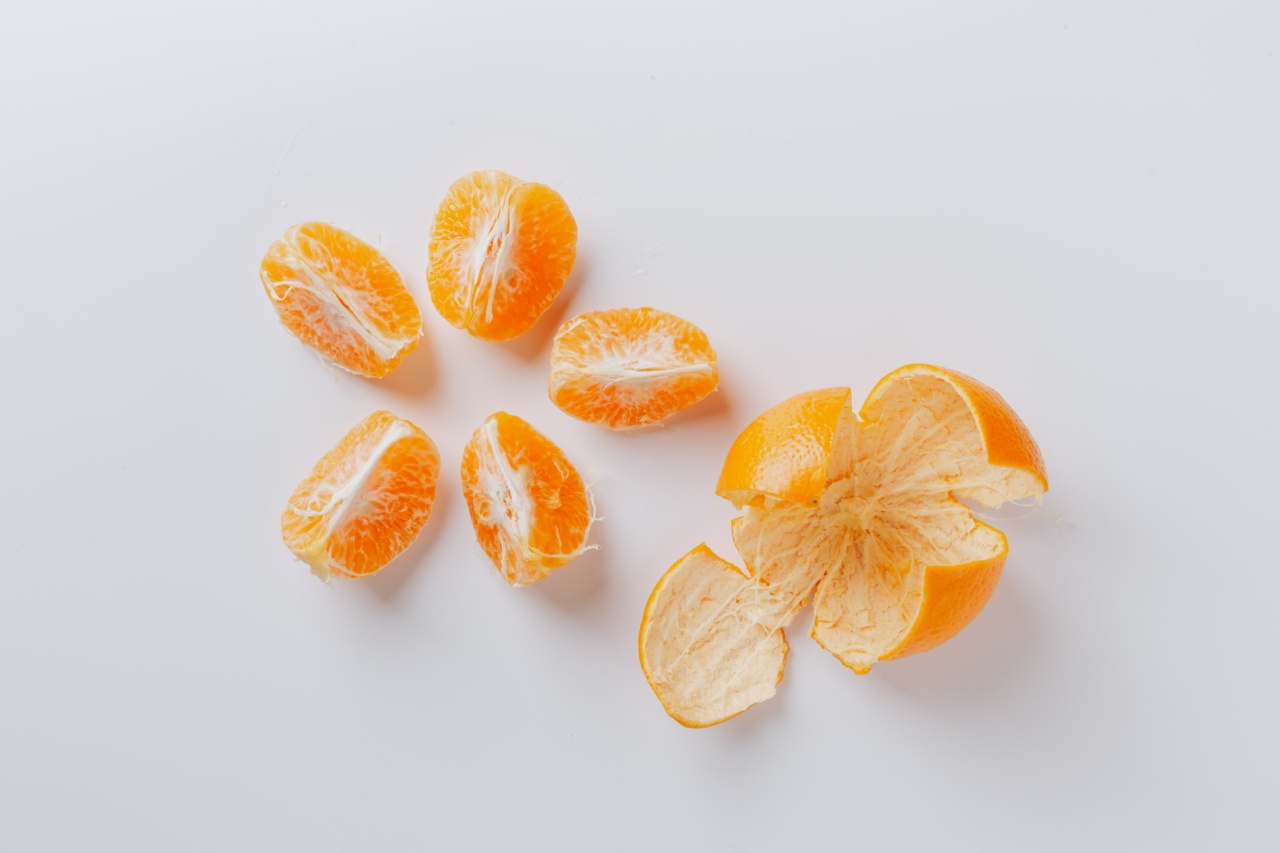Recovering from a C-section can be a challenging and delicate process. After undergoing major abdominal surgery, it’s essential to pay careful attention to your diet to support healing and minimize discomfort.
While it’s tempting to indulge in your favorite comfort foods, some food choices can hinder the recovery process and lead to digestive issues, inflammation, and delayed healing. In this article, we will highlight the nine worst foods to eat post-C-section, so you can make informed choices and promote a smooth recovery.
1. Fried Foods
Fried foods should be avoided after a C-section due to their high fat content and potential to cause digestive distress.
They can lead to bloating, gas, and even diarrhea, which can be particularly uncomfortable during the post-operative recovery period. It’s better to opt for healthier cooking methods such as grilling, baking, or steaming to reduce unnecessary fat intake and aid in the healing process.
2. Spicy Foods
Spicy foods may provide a burst of flavor, but they can also cause irritation and inflammation in the gastrointestinal tract, which can be especially problematic post-C-section.
Spices like chili, hot sauce, and peppers can lead to heartburn, acid reflux, and upset stomach. To avoid unnecessary discomfort, it’s best to steer clear of spicy foods until you have fully recovered.
3. Carbonated Drinks
Carbonated drinks like soda and sparkling water should be avoided post-C-section. The bubbles in these beverages can cause gas and bloating, which can be particularly uncomfortable after abdominal surgery.
Additionally, certain sodas, especially ones with caffeine, can interfere with proper hydration and potentially worsen constipation, a common side effect of pain medication following a C-section.
4. Processed Meats
Processed meats, such as bacon, sausages, and deli meats, tend to be high in sodium, preservatives, and additives. They can contribute to water retention and bloating, which can be uncomfortable during the recovery process.
Moreover, these meats may also contain nitrates and nitrites, which have been linked to inflammation and increased risk of certain health issues. Opt for lean protein sources like grilled chicken, fish, or tofu instead.
5. Dairy Products
Dairy products, especially full-fat varieties, can be problematic for some individuals post-C-section. They are known to cause digestive issues such as gas, bloating, and diarrhea in some people, especially those who are lactose intolerant.
If you suspect dairy might be an issue for you, it’s best to experiment with lactose-free alternatives or consult with a healthcare professional for guidance.
6. Caffeine
While a cup of coffee or tea can provide a temporary energy boost, consuming too much caffeine post-C-section can have negative effects on the body.
Caffeine is a diuretic, which can lead to dehydration, especially if you’re not drinking enough water. Additionally, excessive caffeine intake can interfere with your sleep and hinder the body’s ability to heal. It’s best to limit your caffeine intake and opt for herbal teas or decaffeinated options instead.
7. Sugary Snacks and Desserts
It’s no secret that sugar is associated with numerous health issues, including inflammation, impaired immune function, and increased risk of obesity.
Indulging in sugary snacks and desserts post-C-section can have a negative impact on the healing process, as inflammation can delay recovery. Moreover, sugar can cause energy crashes and hinder overall well-being. Instead, satisfy your sweet tooth with healthier alternatives like fruits or homemade snacks made with natural sweeteners.
8. High-Fiber Foods
While fiber is essential for a healthy digestive system, consuming high-fiber foods immediately after a C-section can be challenging for some individuals. These foods can be more difficult to digest, potentially leading to gas, bloating, and discomfort.
It’s best to introduce fiber-rich foods gradually, starting with small portions and opting for sources like cooked vegetables and whole grains instead of raw or heavily fibrous options.
9. Alcohol
Alcohol consumption should be avoided entirely during the post-operative period. Alcohol can interfere with wound healing, increase the risk of complications, and negatively affect the liver’s ability to metabolize pain medications.
Furthermore, alcohol can impair judgment, coordination, and overall well-being, which is especially crucial during the delicate recovery phase. It’s best to wait until you have fully recovered before considering alcohol consumption.
Conclusion
Optimizing your nutrition post-C-section plays a significant role in ensuring a smooth and speedy recovery.
By avoiding the worst foods mentioned above, you can support your body’s healing process, reduce discomfort, and promote overall well-being. Remember to consult with your healthcare provider for personalized guidance on post-operative nutrition and take things gradually to allow your body to adapt and heal effectively.






























